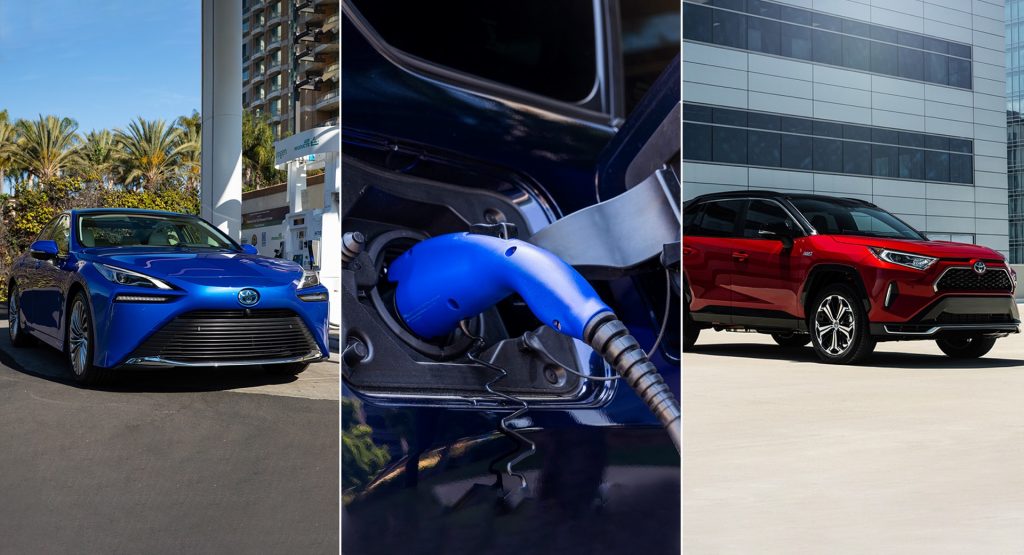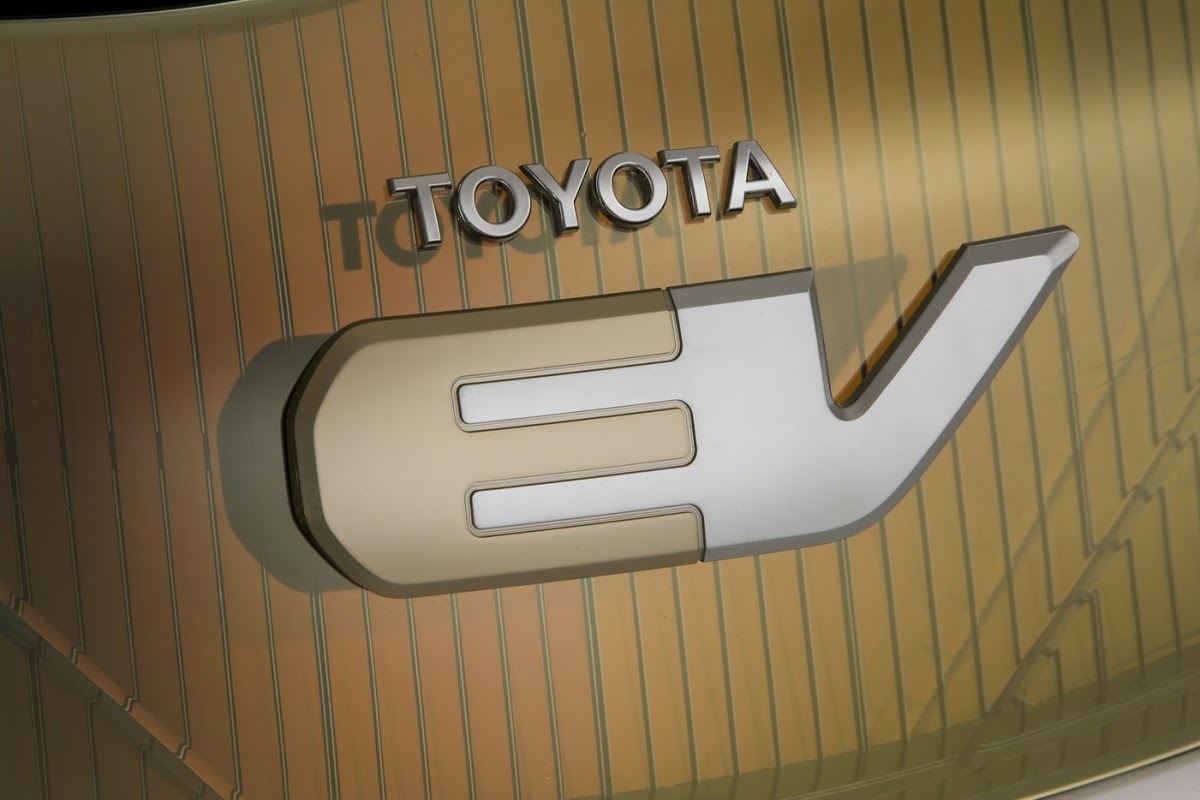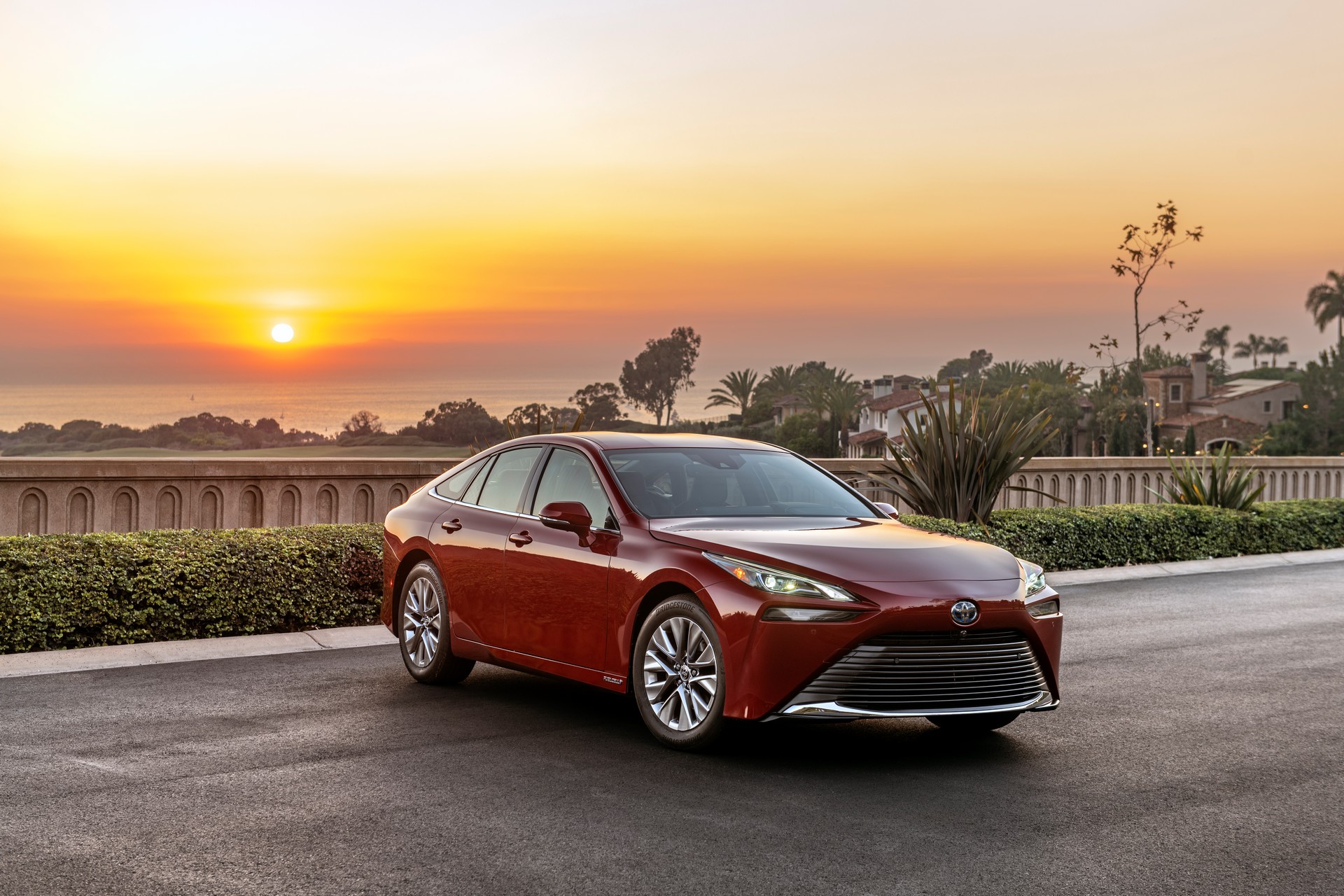With new EV launches seemingly happening every week, Toyota has so far shied away from a meaningful commitment to battery electric vehicles. It’s a stance that may seem odd to the casual observer, as Toyota has been known for pioneering partly-electrified cars, such as the ubiquitous hybrid Prius and the hydrogen-powered Mirai.
Now though, Toyota seems to be coming around, albeit slowly, as they today announced the introduction of three new electrified vehicles for the U.S. market — two of which will be battery-electric (aka pure EVs), and the third a plug-in hybrid.
Of the three new vehicles entering the U.S lineup, one BEV is destined for Lexus, reports AutoNews, while the other two will remain under the Toyota umbrella. The site also reports that of the new EVs, one will be an SUV or Crossover, with production taking place in Japan.
See: Toyota President Calls Electric Cars ‘Overhyped’, Lashes Out At ICE Bans
While the move may seem like the first step towards largescale BEV production, the word from the Toyota camp is that they are still committed to offering multiple drivetrain options rather than going all-in with battery electric vehicles. They reason that between a BEV and a PHEV, both yield similar environmental benefits but that the cost of long-range BEV ownership is “much higher” than that of a PHEV.
Highlighting their findings, Toyota has shared the tool used to come to this conclusion, which can be found here. This tool is said to analyze the trade-off between greenhouse gas emissions and the total cost of ownership.
Toyota’s approach to offering consumers BEVs will be to provide a range of options, targeting the individual needs of a customer, as well as taking into account their circumstances. “We believe the fastest way to lower greenhouse gases in the transportation sector is to offer drivers lower carbon choices that meet their needs,” says Gill Pratt, chief scientist of Toyota Motor Corporation and CEO of Toyota Research Institute. “At every price point and with multiple powertrains, we can put more people in cleaner automobiles across North America to have the greatest near-term impact on total carbon emissions.”
These statements seem to echo the words of Toyota president Akio Toyoda, who late last year called upon governments and politicians to reconsider their approach to blanket bans on ICE vehicles. However, Toyota is said to be well into developing a game-changing solid-state battery, which could be unveiled in the coming years.
The approach of the Japanese carmaker, as with many others, to new EV tech will no doubt be an exciting space to watch.






